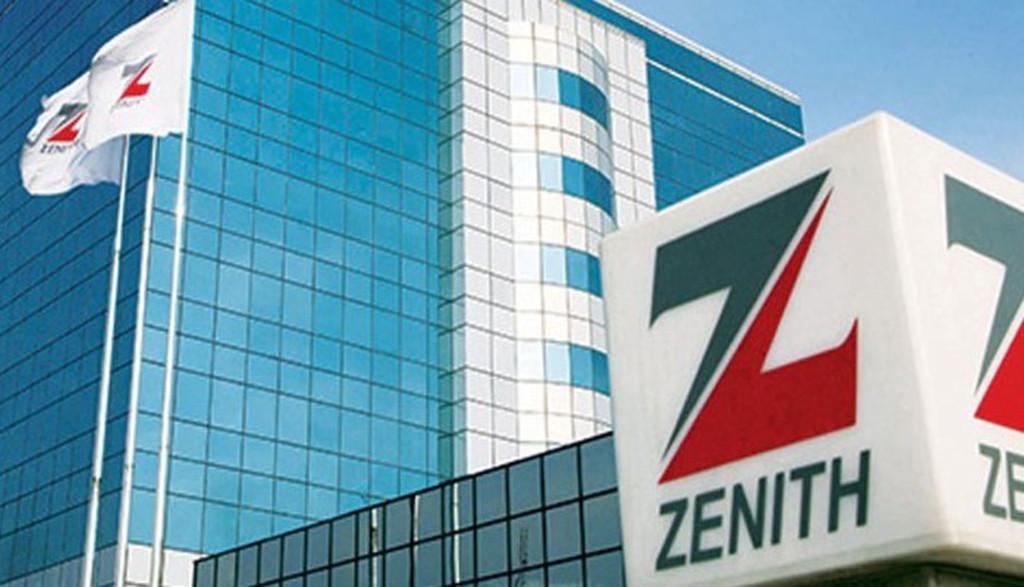Through the Nigerian Communications Commission (NCC), the Federal Government has been petitioned to hike tariffs by the Association of Telecom Companies of Nigeria and the Association of Licenced Telecom Companies of Nigeria.
This action follows considerable losses for several operators last year as a result of rising energy prices and foreign exchange losses. The suggestion comes after a recent price increase by the pay television provider MultiChoice in South Africa as well as other businesses including discos and breweries.
Join our WhatsApp ChannelDespite being a fully liberalised and deregulated sector, the telecom industry has not changed its pricing system in 11 years due to legal restraints. The industry’s sustainability is at risk, and investors’ confidence could be damaged by the current price control system.
The groups call on the government to initiate a productive conversation about pricing issues and create a system that strikes a balance between customers’ affordability and operators’ financial stability.
The telecom industry is subject to price regulation by the NCC, and any changes in pricing require operator approval. A cost-benefit analysis is being carried out to ascertain whether price increases will be permitted. Citing the effects of price regulation in other industries, such as power, Gbenga Adebayo, the chairman of the Association of Licenced Telecoms Operators of Nigeria, underscored that a cost-reflective pricing is non-negotiable.
READ ALSO: Dangote Refinery: How Forex Shortage Is Delaying Crude Supplies
Due to network upgrades, expansion, and lack of foreign exchange, the industry is facing considerable increases in operating costs, which have an impact on operators’ bottom lines. The sector saw a 70.5% decrease in investment in 2023, from $456.8 million to $134 million. MTN Nigeria Plc attributed its significant loss of N740.4 billion for the fiscal year 2023—an increase of 804% over the previous year—to the liberalisation of the foreign exchange market.
At the end of December 2023, Airtel Africa reported a 99.6% decrease in post-tax profit to $2 million. This was primarily due to the liberalisation of the forex market, which caused the naira to devalue by 96.7%.
Telcos fear that if rates stay the same, they will not make it through this year and that many might be forced to close, depriving millions of people of access to essential communication services. In order to support operators in maintaining high-quality service, regulatory bodies must address industry challenges, as the current tariff framework is insufficient to pay service costs.
The decision to raise rates is supported by subscribers and economists, who recognise that operators must continue to provide services and make infrastructure investments in order to offset growing expenses. While a little tariff hike costs would not negatively impact customers, it would assist operators in maintaining their operations. To help the telecom sector, the government must step in and evaluate regulations aimed at bringing down lending rates, energy costs, and other metrics.
Emmanuel Ochayi is a journalist. He is a graduate of the University of Lagos, School of first choice and the nations pride. Emmanuel is keen on exploring writing angles in different areas, including Business, climate change, politics, Education, and others.












![Breaking: Tinubu Returns To Abuja After Europe Trip [Photos]](https://www.primebusiness.africa/wp-content/uploads/2025/04/Tinubu-returns-to-Abuja-Pohotos-2-150x150.jpeg)





Follow Us